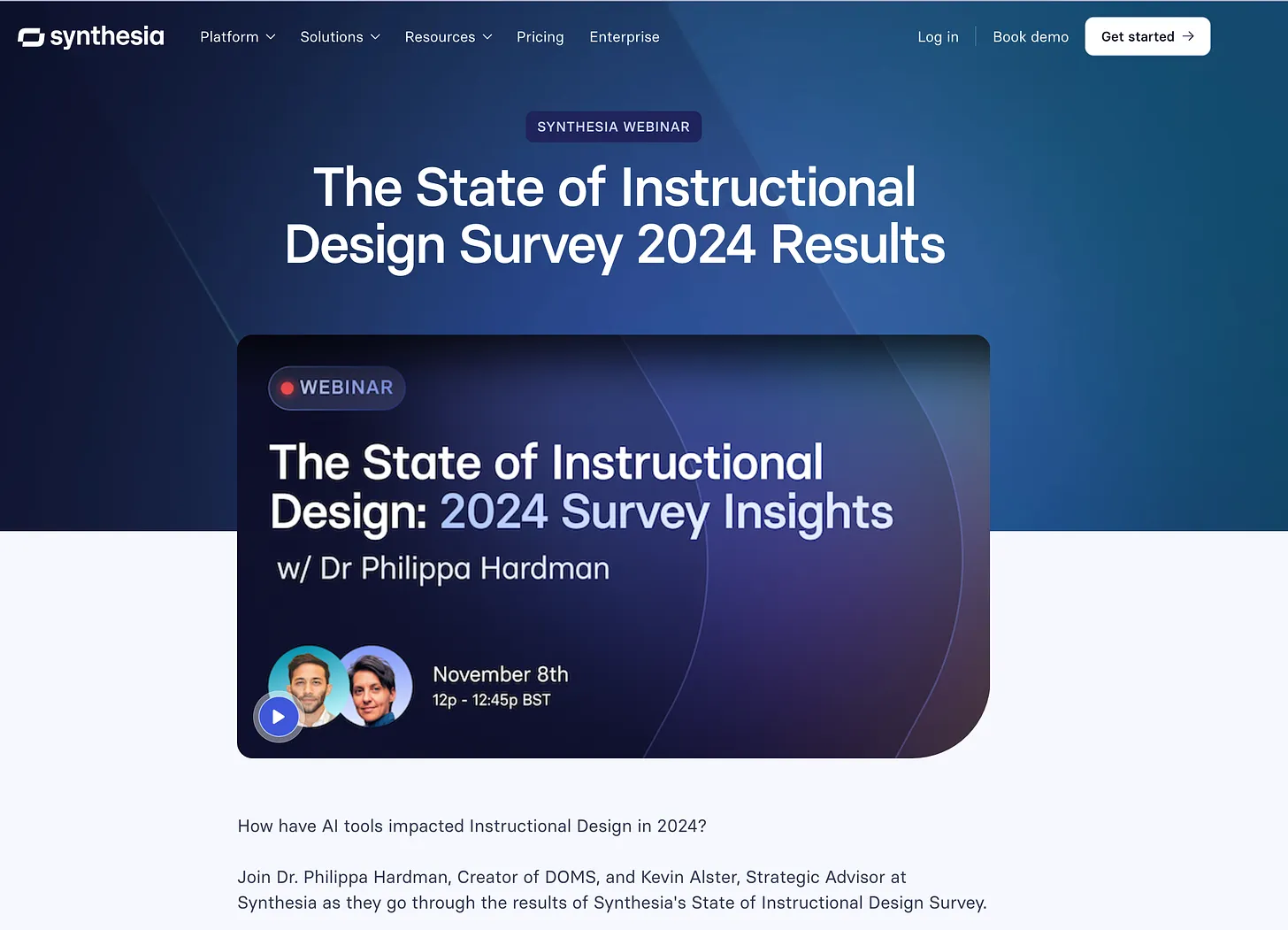How AI is transforming learning for dyslexic students — from eschoolnews.com by Samay Bhojwani, University of Nebraska–Lincoln
As schools continue to adopt AI-driven tools, educators can close the accessibility gap and help dyslexic students thrive
Many traditional methods lack customization and don’t empower students to fully engage with content on their terms. Every dyslexic student experiences challenges differently, so a more personalized approach is essential for fostering comprehension, engagement, and academic growth.
…
Artificial intelligence is increasingly recognized for its potential to transform educational accessibility. By analyzing individual learning patterns, AI-powered tools can tailor content to meet each student’s specific needs. For dyslexic students, this can mean summarizing complex texts, providing auditory support, or even visually structuring information in ways that aid comprehension.
NotebookLM How-to Guide 2024 — from ai-supremacy.com by Michael Spencer and Alex McFarland
With Audio Version | A popular guide reloaded.
In this guide, I’ll show you:
- How to use the new advanced audio customization features
- Two specific workflows for synthesizing information (research papers and YouTube videos)
- Pro tips for maximizing results with any type of content
- Common pitfalls to avoid (learned these the hard way)
The State of Instructional Design 2024: A Field on the Brink of Disruption? — from drphilippahardman.substack.com by Dr. Philippa Hardman
My hot takes from a global survey I ran with Synthesia
As I mentioned on LinkedIn, earlier this week Synthesia published the results of a global survey that we ran together the state of instructional design in 2024.
Boundless Socratic Learning: Google DeepMind’s Vision for AI That Learns Without Limits — from by Giorgio Fazio
Google DeepMind researchers have unveiled a groundbreaking framework called Boundless Socratic Learning (BSL), a paradigm shift in artificial intelligence aimed at enabling systems to self-improve through structured language-based interactions. This approach could mark a pivotal step toward the elusive goal of artificial superintelligence (ASI), where AI systems drive their own development with minimal human input.
The promise of Boundless Socratic Learning lies in its ability to catalyze a shift from human-supervised AI to systems that evolve and improve autonomously. While significant challenges remain, the introduction of this framework represents a step toward the long-term goal of open-ended intelligence, where AI is not just a tool but a partner in discovery.
5 courses to take when starting out a career in Agentic AI — from techloy.com by David Adubiina
This will help you join the early train of experts who are using AI agents to solve real world problems.
This surge in demand is creating new opportunities for professionals equipped with the right skills. If you’re considering a career in this innovative field, the following five courses will provide a solid foundation when starting a career in Agentic AI.









